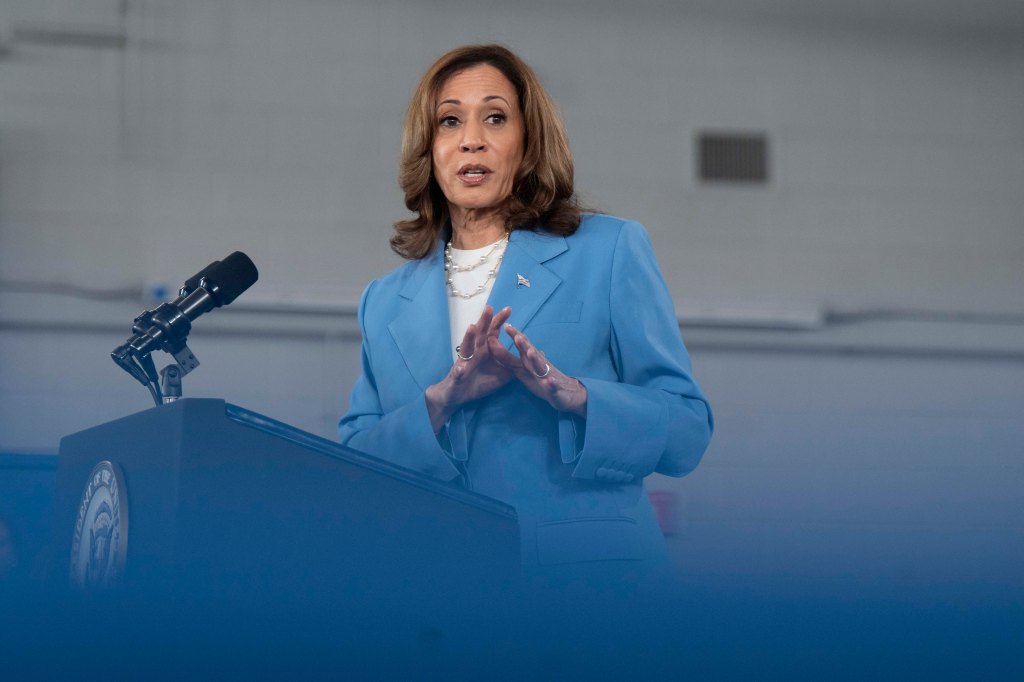Vice President Kamala Harris’ four-week-old presidential campaign is in full gear, with the candidate flying around the country holding rallies, giving speeches and doing ad buys, all the trappings of a traditional political campaign. Or all but one, as Harris has noticeably stayed away from journalists with questions at press conferences and one-on-one interviews with reporters.
In speeches and scripted events, the campaign has much tighter control over how the vice president comes across, which they must see as a net boon, but it’s important for presidential nominees to be unscripted and face live questions. If that’s something they can’t handle, they have little business leading the federal government.
It was President Biden’s spotty press appearances that helped build the momentum for him to drop out of the race, and while that’s not what the Biden campaign would have preferred, we imagine that Harris and the Democrats would now agree it needed to happen. Americans had a right to see how the president and then-nominee handled pointed questions, particularly off-the-cuff ones that he couldn’t just rattle off a prepared statement.
Arguably, a good part of the reason vice presidential nominee Tim Walz was selected was because he proved that he could handle interviews and was well-versed in a number of public policy issues while landing effective jabs on Donald Trump and JD Vance.
Trump held two sort-of press conferences last week. Like all politicians, he doesn’t always answer the questions, but at least they get asked.
Harris is polling much better than Biden in battleground states and certainly seems to be enjoying a good amount of excitement and momentum heading into this week’s Democratic National Convention. But unlike other nominees, she didn’t run in the primaries and have their retail level campaigning, along with press interactions.
She will need to persuade independent voters, who will be more interested in seeing her handle herself away from the safety net of the teleprompter. Plus, she’s well aware that, if she were to be elected, being president is different than campaigning for the job. She’ll have to justify policies and explain actions to the American public, done through their stand-ins in the press.
Harris and her team might see this as a mere opposition point, given the fact that Trump and Vance — who have been readily available to the press, sometimes to their own detriment — have turned it into an attack line, but it’s a mistake to see the issue of talking to the press as partisan. The longer the radio silence goes on, the more noticeable it’ll get.
We’ll be the first to admit that the press doesn’t always hit the mark and not every question asked of a politician is necessarily fair or pertinent. But most reporters are genuinely trying to inform the public and hold officials accountable in a way that can be symbiotic; unexpected questions can help orient politicians to public concerns or overlooked issues. Questions can force politicians to think about something more deeply or in a different way, just as questions can be avenues to prove that they know what they’re doing.
